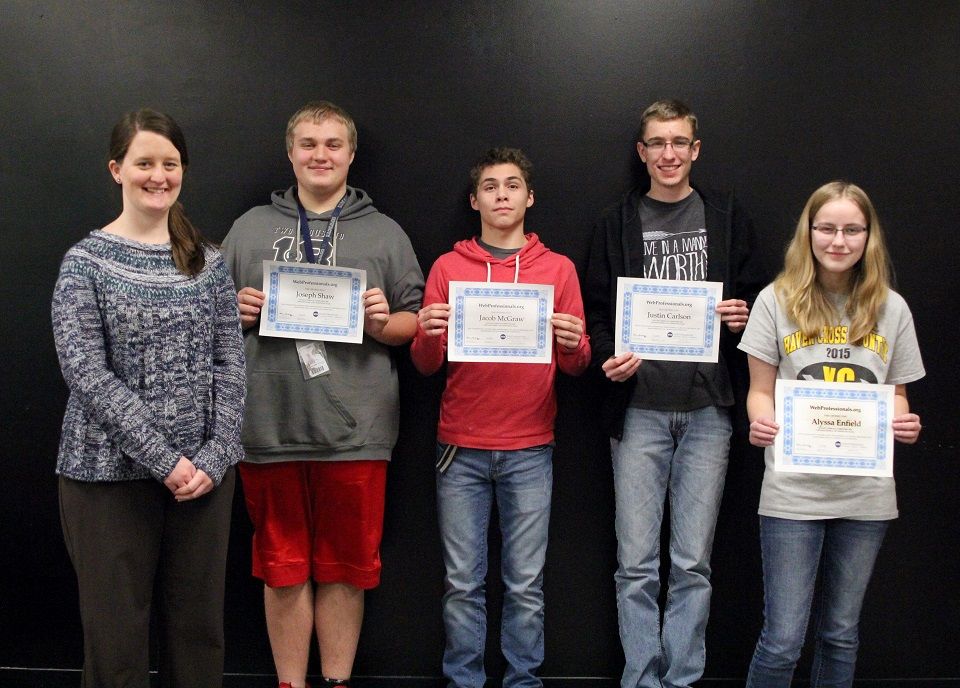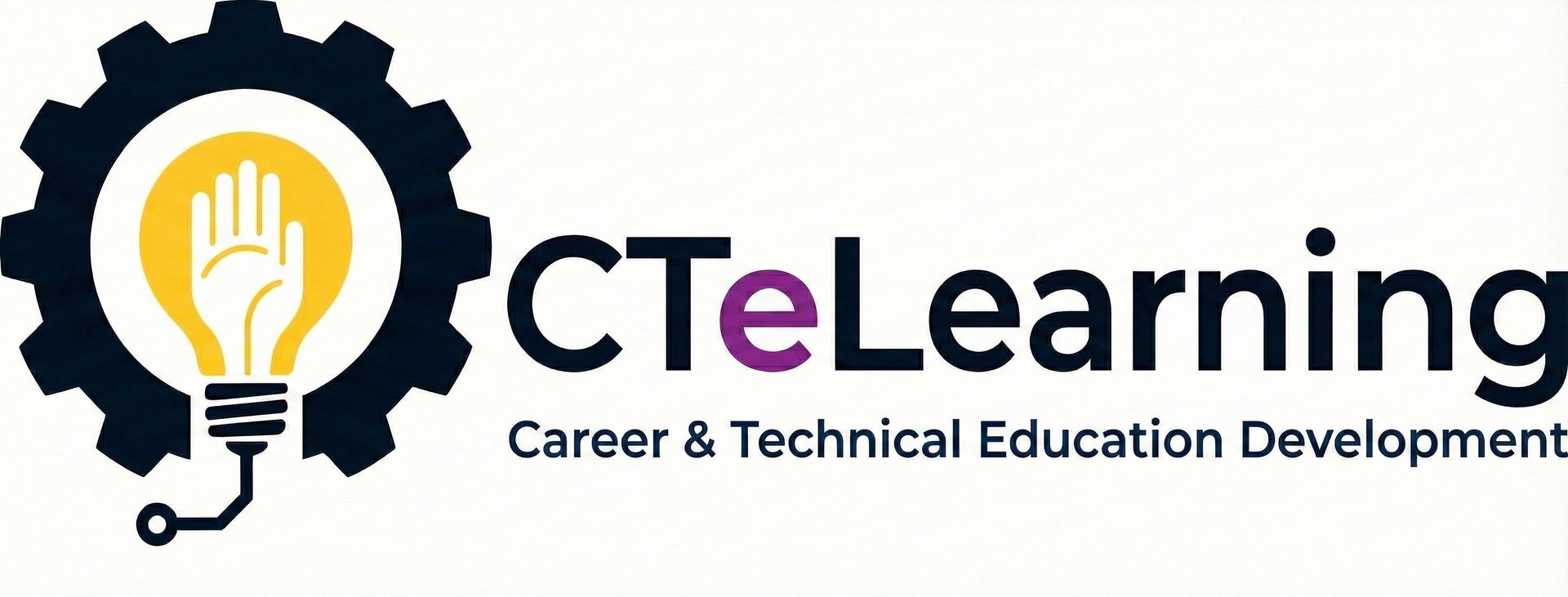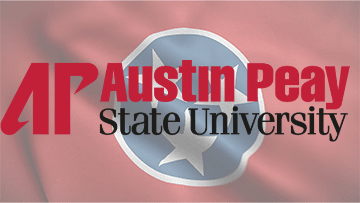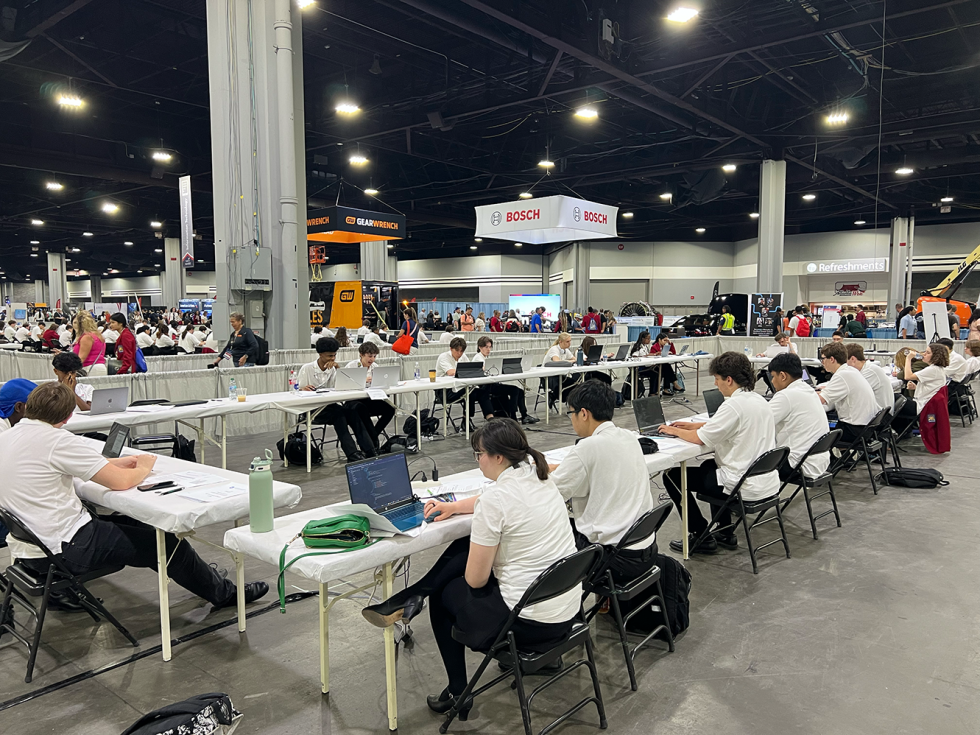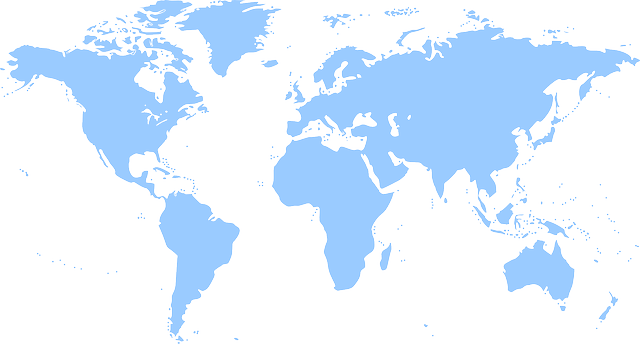Blog
How Do You Improve Your Skills For a New Career in Web Design and Marketing?
How did one young professional develop new career skills that allow her to work wherever she wants, with the clients she wants, even in the age of COVID-19 and beyond? Ashley A. recently earned her Certified Web Designer certification when she completed the Web Design and Development course and certification online through Austin Peay State University in Clarksville, TN. This article explores how those looking to develop new career skills or transition to a new career can do so without any previous knowledge or experience.
Learning New Skills to Compete in a Global Economy
Ashley was working as a freelancer for marketing firms when she decided to pursue web design and development on her own time (which turned out to be in the middle of a pandemic) to develop new career skills. She wanted to expand her skill set as a way to make her even more valuable to her current and future clients, but she quickly realized how it could be much more. She needed a career where she could work remotely, from wherever she wanted. The Web Design and Development course from CTeLearning taught Ashley the skills she needed to know and provided her with the opportunity to earn a certification. Through the course, Ashley built real, hands-on projects that she built into a professional project portfolio to show to potential clients and employers. Ashley learned how to build and code web pages and websites from the ground up using the industry standards of HTML5 and CSS3, the two coding languages in high demand among employers , and learned how to impress employers and meet client needs.
In discussing the course and certification, Ashley said, “I didn’t want to do another four years of school to get another bachelor’s degree or pursue a master’s degree. It was more pivotal for me to get more experience and certifications. Since I’m a freelancer it’s a good way to say, hey, not only do I have the education, I have the certifications that will enable me to contribute.” Like many other students who have taken The Web Design and Development course, Ashley had no previous design or development experience, as there is no previous knowledge required. In fact, many students who have completed the course had no previous college experience or degree .
Ashley’s marketing background helped prepare her for success in the course and certification exam, as web design requires much more than just technical skills . Being a skilled designer or developer means being able to envision the target audience and then design and develop projects in a way that will resonate with them and get them to take action—whether it is clicking a link, watching a video, or purchasing a product. Ashley revealed that she doesn’t consider herself very tech-savvy and had no previous experience with design and development, but the course let her play around and gave her the real-world troubleshooting experience of what coding would look like as a freelancer. She even considers her experience enjoyable enough to be confident about pursuing more advanced languages like PHP and JavaScript. With her newly acquired skills, portfolio, and certification, Ashley can now step into the shoes of consumers, understand their needs, and help businesses meet their goals. And with COVID-19 affecting how we work , Ashley will be well prepared to work remotely as a freelancer from wherever she wants .
In today’s economy, the job market is twice as competitive, especially since people have had a taste of remote work because of COVID-19 —and people are finding they really enjoy working from wherever they want. Many companies, including tech giant Twitter , have announced they will allow their staff work from home permanently. Many other companies are expected to follow. We don’t pretend to know what the world will look like in the future, but we know that those of us that can learn to develop new skills (upskill) are going to be more valuable, and the tech world isn’t going anywhere.
Ashley talked about businesses needing “COVID proofing” in case we ever have to do this again (knock on wood). Is your job “COVID-proof?” How easily could you perform your job from home? Could you do your job from home while watching your children? These are questions we need to ask ourselves when returning to our new normal or seeking future education. CTeLearning courses are perfect for anyone looking to develop new skills from scratch and pursue remote-based careers.
Web Design and Development Industry Certification Course
The certification Ashley earned is administered by Web Professionals Global, the premier industry association for web designers and developers. WebProfessionalsGlobal.org’s Executive Director Mark DuBois and the professional educational team were key in creating this certification that can be earned fully online on the student’s own time. This fully online learning approach design helped Ashley keep earning and working while learning at her own pace. She was able to go into the test prepared and earn her certification without feeling the impact of COVID-19 on her course schedule. Having a certification from an international association carries real weight in the professional world for those looking to develop new career skills.
With more and more employers looking for applicants who have relevant certifications and a range of skills , Ashley will stand out from the crowd as she looks for clients to work with on projects. 100% of students who have taken the course and taken the exam have passed the exam and earned the certification. Steve Waddell, founder of CTeLearning, said: “Ashley is unique in that she already had a college degree. The majority of students who have taken the course and passed the exam did not have a college degree—they simply had a dream of entering a new career pathway and discovered that our courses could be that path.”
Steve went on to say, “This is the certification that becomes this differentiator for you. It’s how you stand out. If a company is interviewing many different freelancers, you automatically bubble to the top because you have the knowledge and extra credentials employers like to see. I know what companies look for, and this course works because for the last 20 years I have been the one to hire and manage web design and development staff.”
That’s why we designed the course to be as accessible and flexible as possible while enabling the learner to transition to a new career. The CTeLearning course Ashley took is available for adult learners who are searching for a new career or want to learn new marketable skills . The course can be completed anywhere with a computer and internet connection , and it is filled with interactive and media-rich tutorials that engage the student and prepare them to pass the certification exam at the end of the course with flying colors. All CTeLearning courses are 100% web-based and compatible with PC, Mac or Chromebook, making it easy to log in and get started learning right away.
Develop New Career Skills Today
CTeLearning courses are easily accessible and available to students and learners of all ages . Why wait to jumpstart your career or learn technical skills that can help you transition to a new career? Make yourself more marketable and expand your career options in exciting fields, all from the comfort of your own home. Check out CTe’s course offerings and schedule a free demo today.
Share To
Get in touch with us today!
You can book a demo directly using Calendly, call us directly at 913-764-4272 or 877-828-1216, or submit the form and we will reach out to you.
We look forward to helping you and your students.
